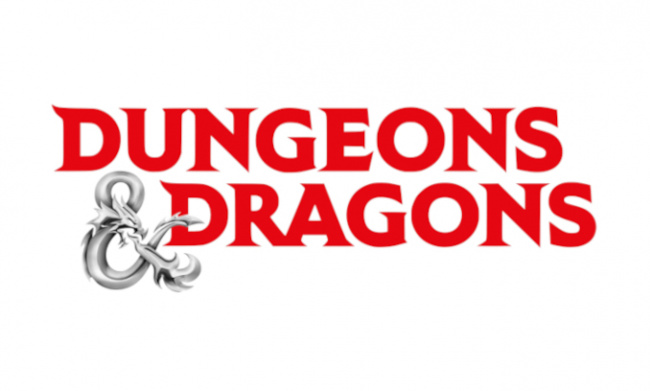Wizards of the Coast has announced a new process for revisions of the Open Gaming License, which allows independent creators to publish game material using Dungeons & Dragons game mechanics, beginning January 20. The new process is the result of the firestorm created by the leak of the original draft of OGL revisions (see “’D&D’ OGL 1.1 Furor”). “Starting now, we’re going to do this a better way: more open and transparent, with our entire community of creators,” the statement said. “With the time to iterate, to get feedback, to improve.”
The process will begin with a revised draft OGL on January 20, followed by a period of two weeks or more in which WotC will collect feedback surveys. WotC will then “compile, analyze, react to, and present back” the results. WotC confirmed its statements from last week that the revised OGL will not include royalties for use of the OGL, and that WotC will not have the right to use third-party content created under the OGL without permission or payment (see “WotC Backs Down”).
The statement continued the apology tour, begun last week, for the original draft of a revised OGL. “We are sorry,” the statement said. “We got it wrong. Our language and requirements in the draft OGL were disruptive to creators and not in support of our core goals of protecting and cultivating an inclusive play environment and limiting the OGL to TTRPGs. Then we compounded things by being silent for too long.”
Whatever happens with WotC’s OGL, a dramatic shift is already taking place in the rest of the RPG publishing field. Paizo is leading a group of publishers in the creation of a new Open RPG Creative License to serve the purposes of WotC’s OGL in an open, perpetual, and irrevocable form (see “Paizo Leads Game Publisher Revolt”). Other companies have offered their own RPG mechanics under open or paid licenses, or promoted their own games as alternatives to D&D.



